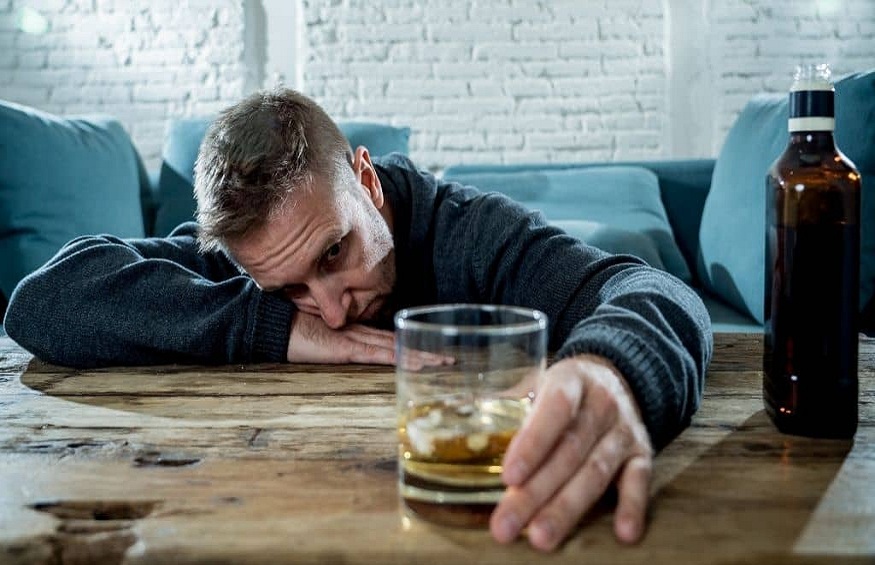If you have been drinking excessively for months, weeks, or even for a long time, you may have physical and mental issues after you stop drinking or drastically reduce your drinking. Weakness from alcohol is what this is. There may be mild to severe symptoms.
You won’t likely have withdrawal symptoms if you just drink sometimes. If you have previously experienced withdrawal symptoms when you try to quit drinking, the risk that you will do so again is increased.
Table of Contents
What are the causes of alcohol withdrawal?
Alcohol use may cause depression in your body. It alters how your nerves send data back and forth and inhibits brain function. As time passes, the central nervous system becomes habituated to being exposed to alcohol on a regular basis. The body works to keep your brain awake and your nerves linked to one another.
If the alcohol level is rapidly reduced, the state of greater awareness in the brain is intensified. This is what triggers withdrawal symptoms.
Alcohol withdrawal symptoms linked to alcohol over time
The severity of alcohol withdrawal symptoms might vary. The extent of your withdrawal depends on how much and how long you drink.
Six hours after the previous beverage: Mild effects might start to show as soon as six hours after you finish the glass. These could include:
- Anxiety
- Instable hands
- Headache
- Nausea
- Vomiting
- Insomnia
- Sweating
Between 12 and 48 hours after your last alcoholic beverage:
More serious problems, such as hallucinations and other symptoms during this time period, may be accompanied by visions (12 to 24 hours after ceasing drinking) and seizures in the first two days. Unreal sounds, pictures, or experiences might be present. Find out more about how alcohol withdrawal symptoms develop.
48 to 72 hours after the last drink: About this time, delirium tremens, sometimes known as DTs, typically begins. Very likely, you’ll hear someone discuss them. Very strong symptoms with the potential to cause vivid hallucinations are present. Around 5% of those who experience alcohol withdrawal have these symptoms.
Treatments for Alcohol Withdrawal
If you don’t have a major medical condition or haven’t previously gone through severe withdrawals, you may just want a supportive setting to get through. What you need to do is
- A calm environment
- Subtle lighting
- There is hardly much contact with people.
- A welcoming, inspiring environment
- Consuming a balanced diet and getting enough water.

